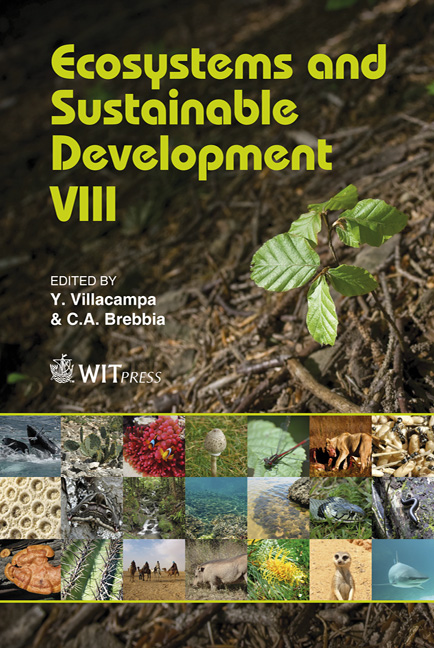Assessment Of Water Resource Consumption In Building Construction In India
Price
Free (open access)
Transaction
Volume
144
Pages
9
Page Range
93 - 101
Published
2011
Size
2,382 kb
Paper DOI
10.2495/ECO110081
Copyright
WIT Press
Author(s)
S. Bardhan
Abstract
Building construction is a highly resource intensive process, concerning use of materials, land, energy and water. Since buildings are required to fulfil our primary need for shelter, consumption of these resources is simply unavoidable. However, with shrinking stock of natural resources and degrading eco-system services, the consumption process has to be wise, judicious and non-wasteful. Search for alternative and recycled materials, multiple floor spaces and use of renewable energy are some of the human responses against the perceived threat of materials, land and energy constraints respectively. Water resource management in building construction and operation, however, has still a long way to go, especially because the amount of water used per unit area of construction largely remains undocumented. There has been some pioneering research on embodied water measurement of several non-residential buildings in Australia. In this backdrop, the present paper seeks to understand and assess the quantity of fresh water used in contemporary urban multi-storeyed residential buildings and reports a study conducted for a real-life project in Calcutta (now, Kolkata), India. Since the use of construction water directly varies with the type of construction, a steel and glass building will have its embodied water-footprint mainly on account of that of its materials while on-site water use plays a major role in case of a cast-in-situ reinforced cement concrete and brick building. Thus, water efficiency at the production stage is required in the first case while the second category demands concerns and actions at the consumption stage. This paper examines some of the issues related to the subject like water demand at material production as well as construction stage and the resultant embodied water of typical urban constructions in India, which was found to be in the range of about 27 Kilolitres/Sq m of total built-up area. Keywords: construction water, ground water, site water management.
Keywords
construction water, ground water, site water management





